A park in the midst of Beijing, surrounded by old palaces, is frequently searched by the local police as it is one of the secret meeting places for the local gay scene. The young writer A Lan, on several occasions, runs into policeman Xiao Shi who ends up arresting the young man one evening and takes him to the park's police station. After one intense night of interrogation, which turns into A Lan telling the story of his past, Xiao Shi finds himself wondering whether his arrest of A Lan had other motives than he initially thought. This movie was forbidden by Chinese authorities for its open depiction of homosexuality in Mainland China when it first came out, and director Yuan Zhang was arrested for a short time and his passport taken away from him temporarily. Yet he managed to get a copy of the movie out of the country, and "East Palace, West Palace" has been aired at prestigious film festivals all over the world. Edit Translation
- English
- Bahasa Indonesia
- magyar / magyar nyelv
- dansk
- Native Title: 东宫西宫
- Also Known As: Behind the Forbidden City , City or Behind , Dong Gong Xi Gong ,
- Director: Zhang Yuan
- Genres: Crime, Life, Drama
Where to Watch East Palace, West Palace
Cast & Credits
Reviews

I watched this because China banned its release. I was curious and the movie proved worthy of that curiosity. It wasn't great, but it was one undeniably beautiful movie. I love the dialogues. Sometimes the lines are rather poetic. The actors could even tell more of the story even with no words at all. The film seemed to glorify the simplicity of its plot with good writing and actors.
Have an open mind upon watching this film, but don't get too attached. It's just a film after all.

Love
not an easy watch but an illuminating aesthetic and feeling experience〜 not as I expected really a depiction of social attitudes in a homophobic society but an exploration of one man working out his psychological, emotional survival in that society, the fine line between love and hurt 、self-realization and self-disgust、 acceptance and rejection :who was it who said ”beauty can come out of a dunghill” ? beautiful imagery of nature and the eponymous palace in cinematography and sound ( Chinese opera ) 〜Si Han acted sensitively and convincinglyit is interesting to note that gay love was an accepted part of civilization in China (as in Japan) for hundreds of years ironically persecuted in current supposedly humanitarian times is it really a decaying palace or a decaying society where love is driven into the night and memorials of a past cultured civilization ?

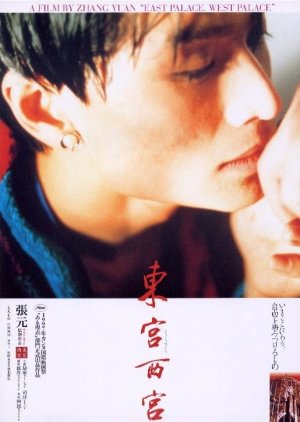






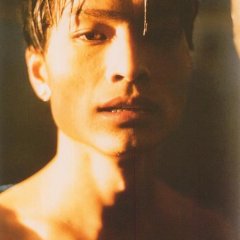
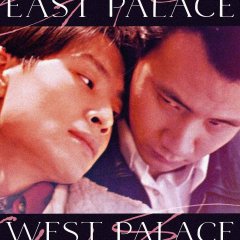
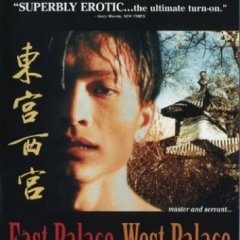

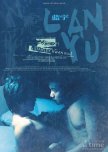





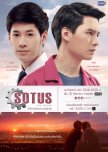


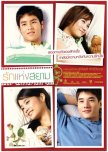






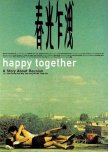




















Comments